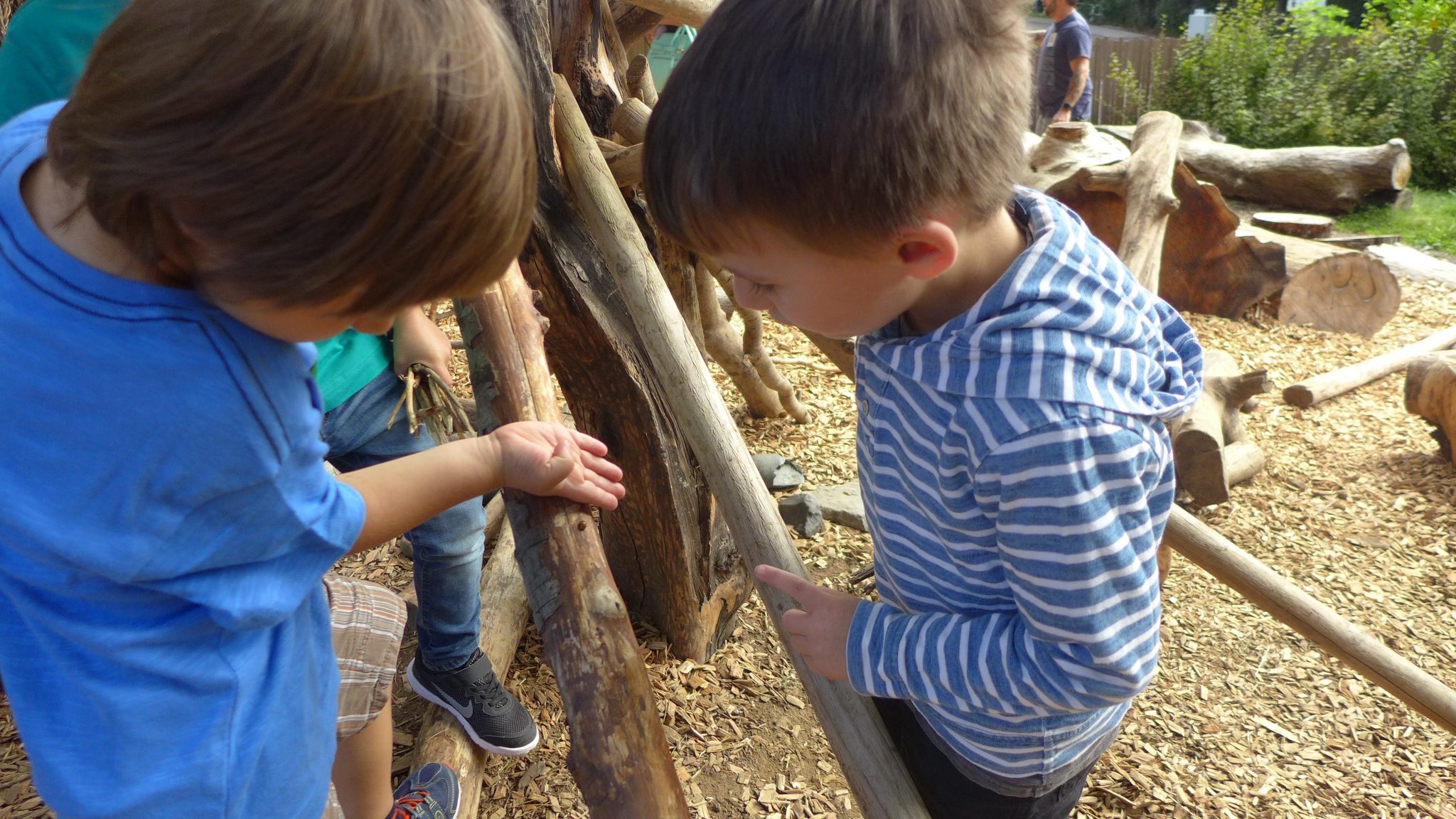Focusing our intentions

Don’t for heaven’s sake, be afraid of talking nonsense! But you must pay attention to your nonsense.
-Ludwig Wittgenstein
As Opal School staff reconvened last week to launch the new school year, we were inspired by and found connections in two essays. In Zadie Smith’s Speaking in Tongues, we saw our drive to support children to enter a landscape where “between… two voices there exists no contradiction and no equivocation but rather a proper and decent human harmony” – and the fundamental role of the “republic of the imagination” in accessing that territory. In The Mistrust of Science, Atul Gawande writes that “even more than what you think, how you think matters. His encouragement of California Institute of Technology graduates to engage in inquiry with “an experimental mind, not a litigious one” with a group of people “pursing ideas with curiosity, inquisitiveness, openness, and discipline… battling for what it means to be citizens” resonates with our efforts working with young children at Opal School.
As a school, voyaging toward Smith’s “Dream City” is more complicated than the certainties provided by scripted curricula aiming for narrowly conceived outcomes. Rather, we’re interested in how co-creating curriculum with children can lead to unimagined possibilities. How do we, as a community with a range of backgrounds – including many staff, children, and families new to the school – embark on the journey? What will we pay attention to? How will we work together to make sense of what happens along the way?
Knowing our intentions is key.
At Opal School, we’ve articulated our mission, guiding principles, and goals. They are our North Star. Each year, we consider those, along with our curricular sequence of big questions, current resources and concerns, and what we know about this group of children, to chart initial intentions for the year. This year, the Beginning School, Primary, and Intermediate Teams composed letters of intent to make their questions visible to each other, families, and the Opal School Online member community.
The Beginning School’s letter focused on the concept of “transformation.” They reflected on their eagerness to nurture relationships with children by making their thinking visible; expanding their understanding of children’s capacities for connection, understanding, empathy, and social justice; and possibilities related to self and others, the arts and sciences, and the natural world.
The Primary Team’s letter centered on the Opal School goal that students will “develop strategies that contribute to the quality of the community by having a keen sense of place, identity, and belonging while respecting the rights and identities of others.” They wondered, What is the relationship between self-knowledge and taking action as mindful citizens of the world?
The Intermediate Team’s letter invoked contemporary issues as a resource to draw on. It includes this passage:
As children witness the erosion of respectful public discourse, it is confusing to be a student at Opal School, where we value rich dialogue, healthy debate, listening, collaboration, empathy and perspective taking. We work hard to check our assumptions and to break down stereotypes. As the world of Opal and the world outside diverge, we hear a cynicism in the children’s observations and comments that concerns us. It is a priority this year to help the children recognize that only by practicing healthy and productive public discourse like we do at school can we create memories of possibilities that they can be responsible for bringing with them into the world. We want to nurture in the children a growing sense of responsibility for their own actions; to see themselves and their actions as directly connected and thus influencing the school community, and the wider world.
I wonder:
How might composing and publishing these letters of intent influence these teams of teachers?
How might these letters influence the children’s experiences?
How might they support families?
How might they inspire educators in other settings? What connections or implications are you seeing to your work?
We look forward to exploring all of this with you here, at our new website!
Links for blog readers who aren’t yet Opal School Online Members:
- Zadie Smith, Speaking in Tongues
- Atul Gawande, The Mistrust of Science (print; video)
Related links for Opal School Online Members:
- The full letters described above from the Beginning School, Primary, and Intermediate Teams.
- Mission, Values, and Guiding Principles: Organizing for open systems
- Last year’s intentions articulated by the Primary Team
- Kerry Salazar on supporting children to articulate their intentions (and this update)
Not yet a member? Join us!

[…] Primary, and Intermediate – wrote letters of intent to families (I wrote about them here.) What explorations are we projecting for this year? How are staff beginning the curricular […]
[…] Beginning, Primary, and Intermediate – wrote letters of intent to families (I wrote about them here.) What explorations are we projecting for this year? How are staff beginning the curricular […]
[…] intentions (Sustaining Members can read last year’s here, 2017’s here, and 2016’s here.) This year’s letters were shared with families at Back-to-School Night, and you can read the […]
[…] the beginning of the year, Opal School teachers wrote letters of intention. As Matt wrote here, these letters are our North Star – our guide as we navigate our way through big questions, […]
[…] write letters of intention (you can read last year’s here and the previous year’s here.) These intentions emerge from consideration of Opal School’s values and goals and […]